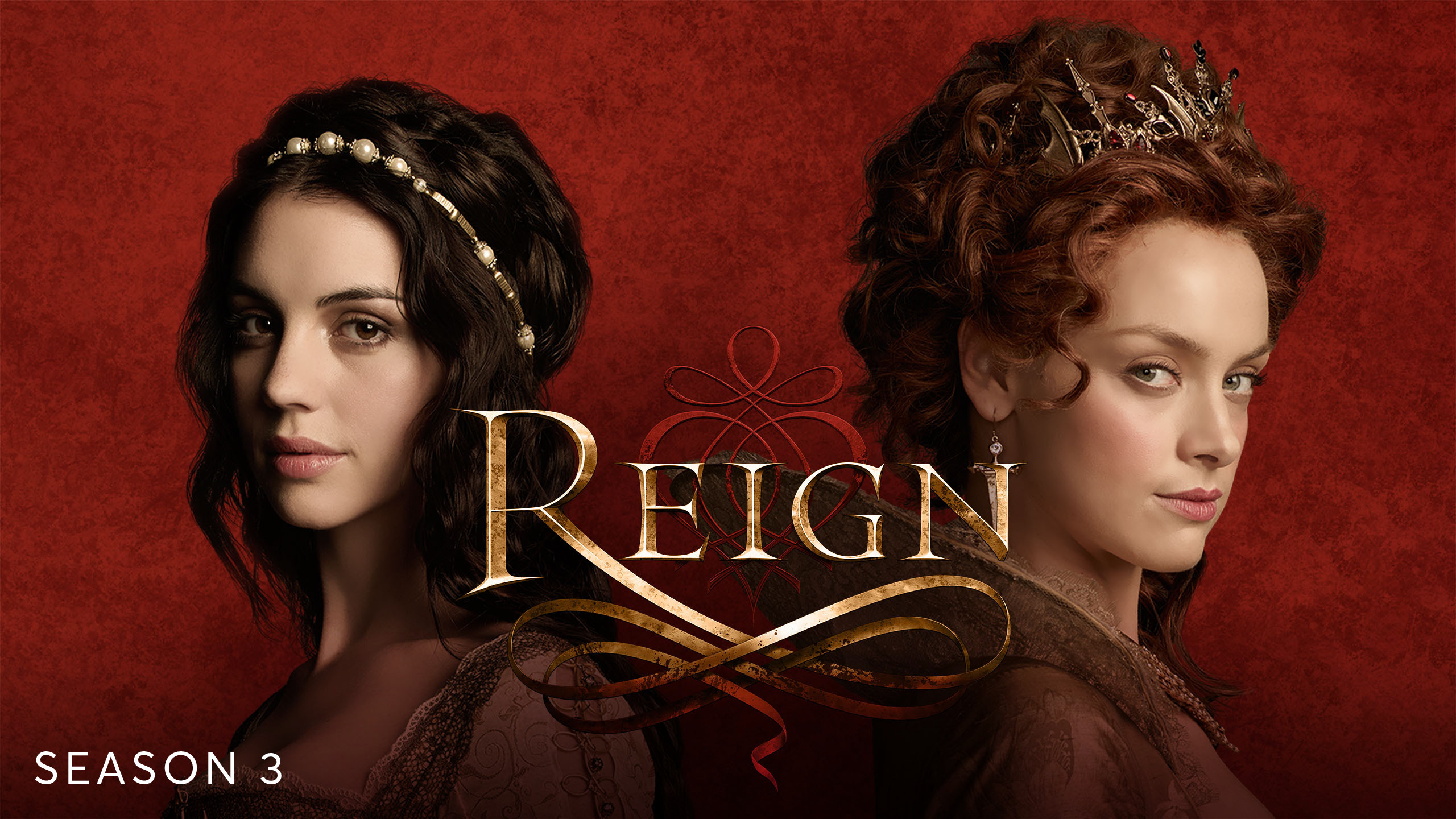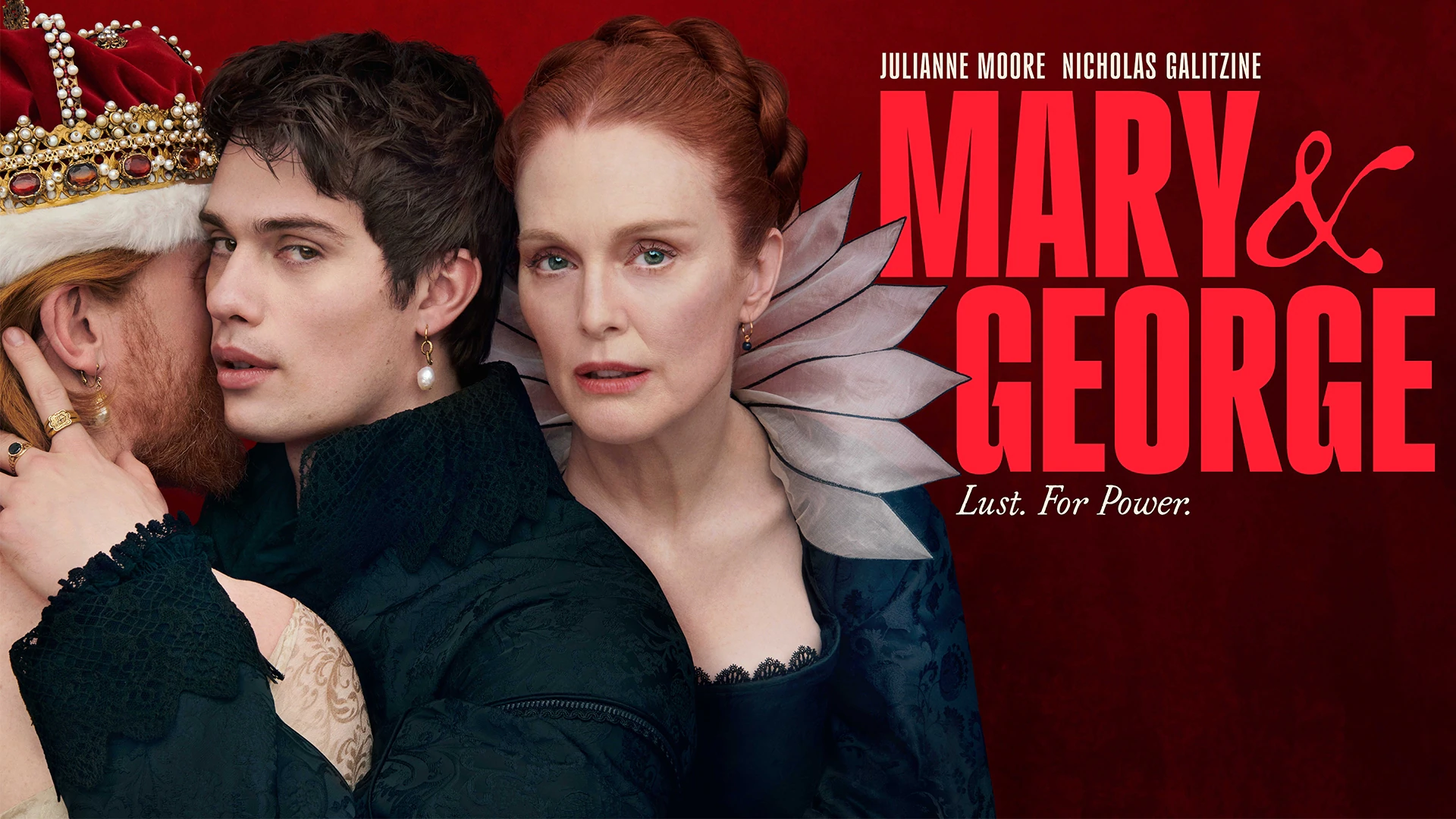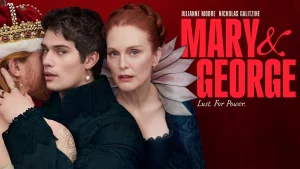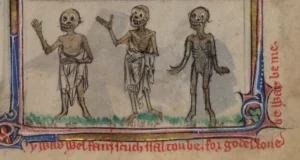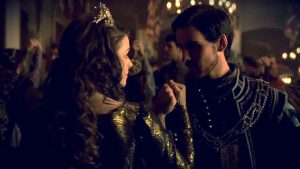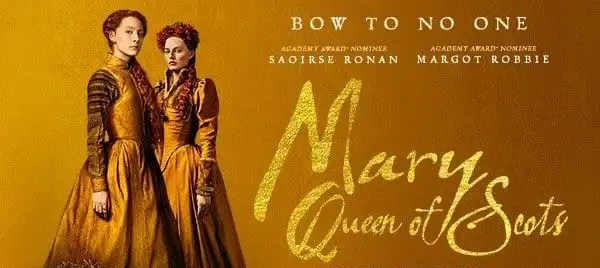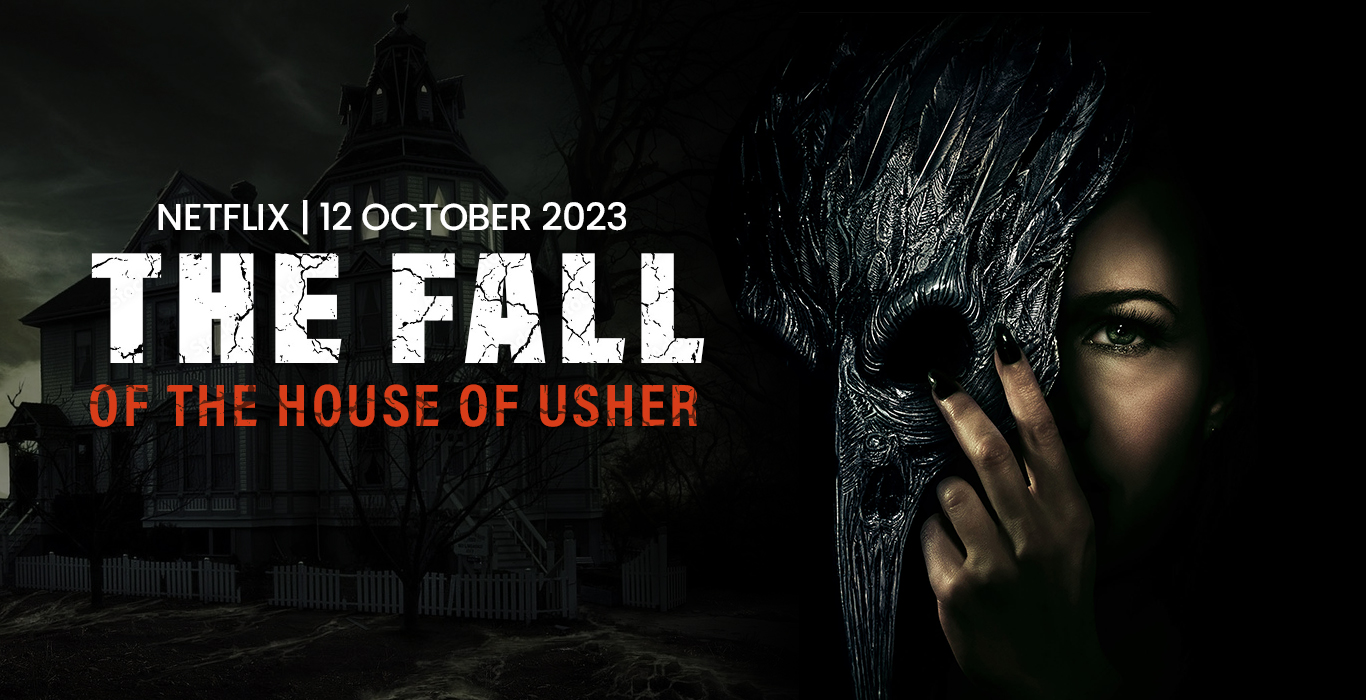I have studied history for years and throughout it all, until very recently, you will find religion underlying a great deal of societal history. Considering that for a vast amount of time, Europe was predominantly Catholic before changing, in the sixteenth century, to somewhat Catholic with some Protestantism thrown in for good measure; religion is always going to feature in any historical fiction regarding these periods. However, for a modern and more importantly secular audience, any religion must be used, if not sparingly, then at least with a nod to the fact that we, largely, will not be able to relate to characters who are largely motivated by a firm and unwavering belief in God.
Religion, therefore, usually becomes the backdrop to historical fiction. Characters may refer to God or prayers more than a modern fictional character might, but in no real meaningful way and more out of a social expectation than a personal relationship with the Almighty. As a largely secular audience we can accept this, and it does not pose any particular problems until you consider historical characters whose religion is why they are notable, or worse the only reason why they are notable.
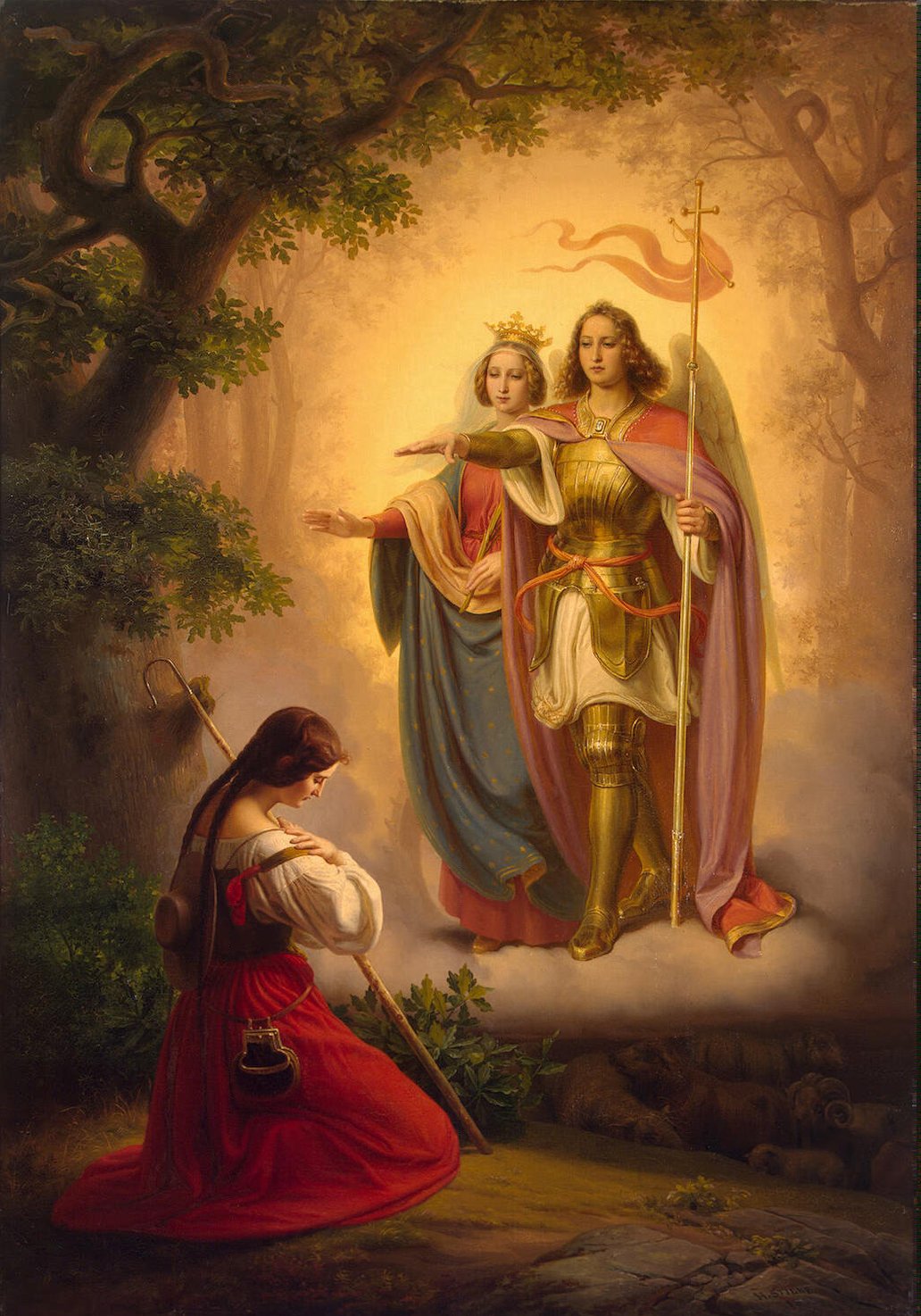
Perhaps one of the most obvious problems in this regard is Joan of Arc. Whereas with a great deal of historical persons whose religion can be portrayed as secondary to any other characteristic, Joan of Arc simply cannot be removed from her religious enthusiasm. It is after all the entire basis for her popularity. She claimed to hear the voices of saints and to this end, left her peasant upbringing for the battlefields against the English, quite determined that God wanted her to expel them from France. Joan’s entire motivation was religious, but not just the passive religion that can be easily worked around by historical writers, Joan honestly believed she heard the voices of saints and that everything she did was God’s will. Further those around her believed her too.
This of course presents a problem to the modern audience, which will reject any notion of religious calling, in this instance, in favour of some kind of mental disability. Such is the case in Luc Besson’s filmic interpretation of Joan in The Messenger (1999). Falling quite nicely into the category of films intent on giving us a ‘gritty’ and ‘realistic’ sense of history, Besson in an attempt to show us ‘what really happened’ actually just completely modernises the character of Joan through a largely fictional storyline. Her ‘voices’ are shown to be the result of repressed mental trauma rather than anything divine. From this we could imagine that Besson would remove any idea of the divine, but surprisingly he does not. On the contrary, Besson as a member of Opus Dei, shows us that there is a God, He is just not responsible for Joan’s actions. While Joan is devoted to her faith, the church is shown as obstructive to her spiritual growth. When she is in crisis, her priest establishes that he is the only way to God, yet cannot help her. How then can Joan, who cannot reach God, be inspired by Him?
From the outset of the film, Joan played by Milla Jovovich, is presented as mentally unstable. Even in her youth, she is shown to have obsessive compulsive tendencies with an unhealthy fixation on the church. She spends an unusual amount of time in church, and is shown to be more religious than any other child or even adult in her village. She develops an unhealthy preoccupation with confession, to the point of confessing the moment she feels she has committed a sin, a neuroses which continues into her adult life. Her mental illness is seemingly compounded when, during a raid on her village by the English, she watches as her sister is murdered and raped (in that order) in front of her. Her sister gives up the only hiding place to Joan, forcing Joan to watch the grisly scene.
What follows are scenes designed to show us the development of her mental problems. Events unfold around her, while Joan lies in a catatonic state, remaining this way during her rescue, stirring only to ask to be taken to a church. It is from this state that Joan’s voices come to her, not through any religious calling, but from what Nikolas Haydock in Movie Medievalism: The Imaginary Middle Ages observes as ‘survivor’s guilt’.
As an adult, Joan is socially awkward and somewhat paranoid. Despite this, she is given command of the French army. The Dauphin, the man who appoints her as such, is himself shown to be bordering on the insane which goes some way to explain how a woman, who at this point is quite obviously mad, is expected to lead their troops.
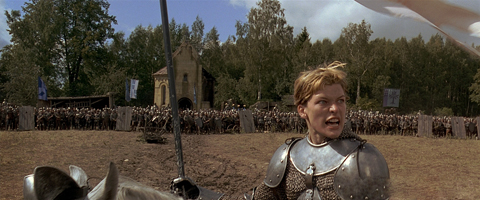
Joan’s leadership style is certainly unique, in lieu of utilising any kind of strategy she resorts to screaming at those around her. John Aberth’s description of Besson’s Joan as a ‘hyperkinetic, crazed psychotic’ is most apt when considering her military leadership. Her idea of tactics is to command her troops to run and hit the English castles until they yield. Of course the issue here is that, historically we know that the French army performed better while Joan was with them, if nothing else because of the boost to morale. Yet in this film, there is no reason why the frenzied screaming of a madwoman should be of any benefit to an army on campaign.
As if Joan’s mental disorder were not obvious enough, Besson feels the need to outright remind us that there is nothing divine about Joan’s visions. While imprisoned, Joan is visited by her ‘Conscience’ (Dustin Hoffman) whose purpose is to show her the truth of her situation. Systematically he talks her through what she believes are signs from God and reveals the logical answers, stripping away every semblance of divinity from her, while of course being, quite inescapably, a vision that only Joan can see. Subtle this film is not.
By the end of her interactions with Conscience Joan admits that she was mistaken in thinking her calling from God and admits her entire life had been devoted to blind revenge on behalf of her murdered sister. On this occasion however, Joan does not make a confession to a priest. Instead she confesses to her Conscience who absolves her in Latin (Opus Dei have a focus on return to a traditional Latin mass). Thus Joan goes to the stake having accepted that her entire life was based not on spiritual calling but on her mental problems.
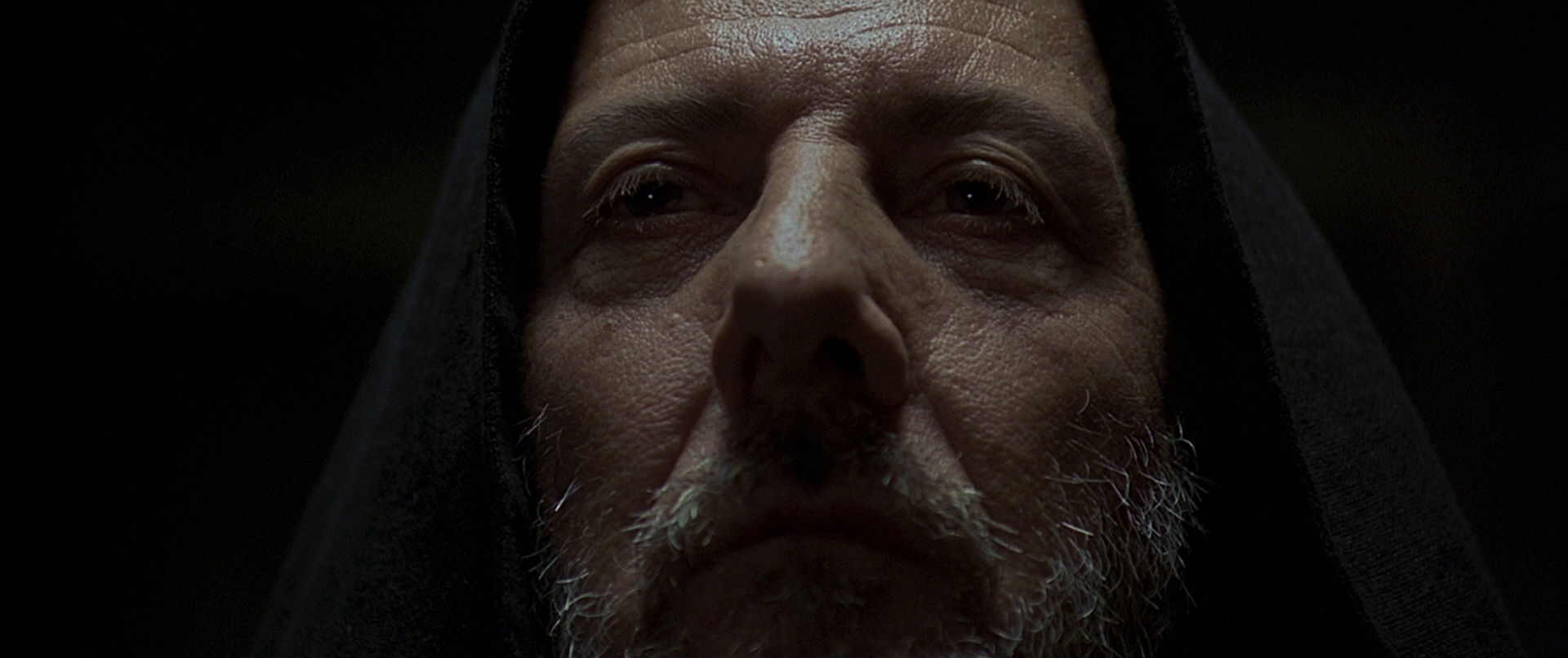
The idea of Joan of Arc as a sufferer of some kind of mental disorder is not a new one. However, surprisingly even modern diagnoses cannot pin down exactly what kind of disorder she might have had. Joan exhibited none of the signs of any instability and was praised at her trial for her succinct and logical answers to deeply theological questions. Bear in mind that insanity was not unknown to the physicians and churchmen of the day, and Joan was hardly the first person to have claimed that she was hearing voices from God. She obviously did not demonstrate a tendency towards madness or she would not have gained the slightest approval from her contemporaries.
Unfortunately, if we are to accept that Joan was insane, we cannot do it on the basis of this film as the premise is completely fictional. In the most obvious sense as she had no sister, therefore the idea of survivor’s guilt can be utterly dismissed. Neither of her brothers suffered anything untoward, nor did anything particularly traumatic occur in her childhood to account for any repression. And this is what I find so interesting about this portrayal of Joan of Arc. Obviously the decision was made to make a film showing Joan of Arc’s visions a result of madness. Yet when it came to actually making the film, this madness had to be fictionalised. I think it is profoundly interesting that it is apparently so difficult to portray an illiterate teenage girl, with no connections, claiming that God was telling her to lead the French army against the English as insane, that they had to completely rewrite her personal history to accomplish it.
Bibliography
Aberth, John, A Knight at the Movies: Medieval History on Film, (Routledge, 2003)
DeVries, Kelly ‘A Woman as Leader of Men: Joan of Arc’s Military Career’ in Fresh Verdicts on Joan of Arc, ed. Wheeler, Bonnie & Wood, Charles T. (Garland Publishing Inc. 1996) pp 3-19
Finke, Laurie A. & Schitman, Martin B. Cinematic Illuminations: The Middle Ages on Film, (The John Hopkins University Press, 2010)
Haydock, Nikolas, Movie Medievalism: The Imaginary Middle Ages, (McFarland & Company Inc. 2008)
Hughes-Warrington, Marnie, History Goes to the Movies: Studying History on Film, (Routledge, 2007)
Raknem, Ingvald, Joan of Arc in History, Legend and Literature, (Universitestsforlaget, 1971)
Rosenstone, Robert A. History on Film/Film on History, (Pearson Education Ltd. 2006)


